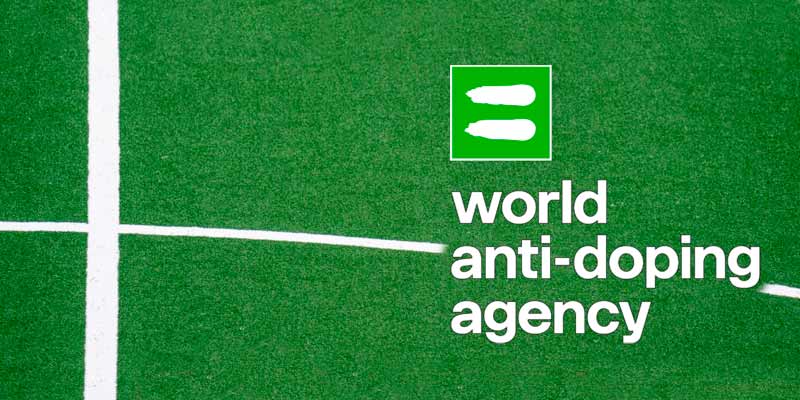- India
- May 17
- Sreesha V.M
What is the role of WADA & NADA?
• WADA holds the third Intelligence & Investigations Capability and Capacity Building Project workshop in New Delhi from May 12 to 16.
• The five-day workshop was hosted by the National Anti-Doping Agency of India (NADA) with support from the Ministry of Youth Affairs and Sports and in partnership with INTERPOL and Sport Integrity Australia.
• It brought together representatives of law enforcement agencies and National Anti-Doping Organisations (NADOs) across the region.
• The workshop is part of the Capability and Capacity Building Project, a key initiative contributing to the development of WADA’s Global Anti-Doping Intelligence and Investigations Network (GAIIN).
Along with identifying opportunities for collaboration between NADOs and law enforcement, the workshop focused on several intelligence & investigation topics, namely:
i) Intelligence functions and investigative techniques.
ii) Confidential source management.
iii) Open-source research.
iv) Analytical and interviewing methods.
What is WADA?
• The World Anti-Doping Agency was established in 1999 as an international independent agency composed and funded equally by the sport movement and governments of the world.
• Its key activities include scientific research, education, development of anti-doping capacities and monitoring of the World Anti-Doping Code — the document harmonising anti-doping policies in all sports and all countries.
• The organisation’s headquarters is in Montreal, Canada.
• WADA is composed of a foundation board, an executive committee and several committees.
• The 42-member foundation board is WADA’s supreme decision-making body. It is composed equally of representatives from the Olympic Movement and governments.
• The foundation board delegates the actual management and running of the agency, including the performance of activities and the administration of assets, to the executive committee, WADA’s ultimate policy-making body.
• The 12-member executive committee is also composed equally of representatives from the Olympic Movement and governments.
• WADA’s presidency — a volunteer position — alternates between the Olympic Movement and governments.
• WADA’s committees act as advisory committees and provide guidance for the agency’s programmes.
National Anti-Doping Agency (NADA)
• The National Anti-Doping Agency (NADA) was set up in India as a registered society under the Societies Registration Act of 1890 on November 24, 2005 with a mandate for dope-free sports in India.
• The objectives are to implement anti-doping rules as per WADA code, regulate dope control programme, to promote education and research and creating awareness about doping and its ill-effects.
• NADA collaborates with WADA and other national anti-doping organisations to strengthen clean sporting practices, contribute to evolving the guidelines and ensure athletes can compete on a level playing field across the world.
• It works in close collaboration with the sport ecosystem to create a dope-free sporting environment in the country.
The primary functions of NADA are:
i) Implement the Anti-Doping Code to achieve compliance by all sports organisations in the country.
ii) Coordinate dope testing programme through all participating stakeholders.
iii) Promote anti-doping research and education to inculcate the value of dope-free sports.
iv) Adopt best practice standards and quality systems to enable effective implementation and continual improvement of the programme.
(The author is a trainer for Civil Services aspirants.)


